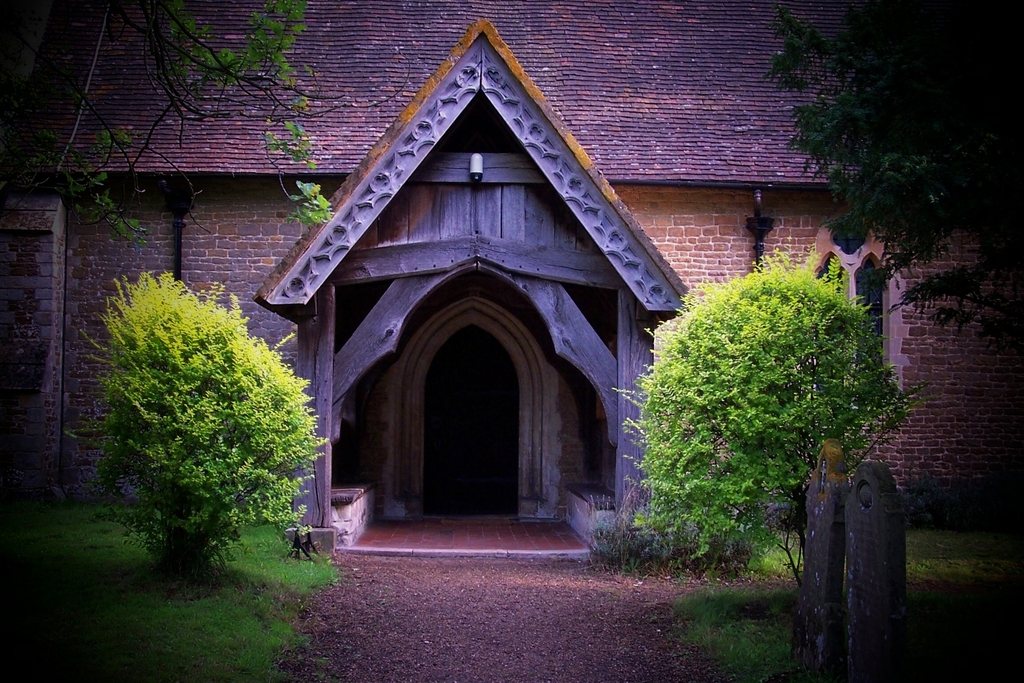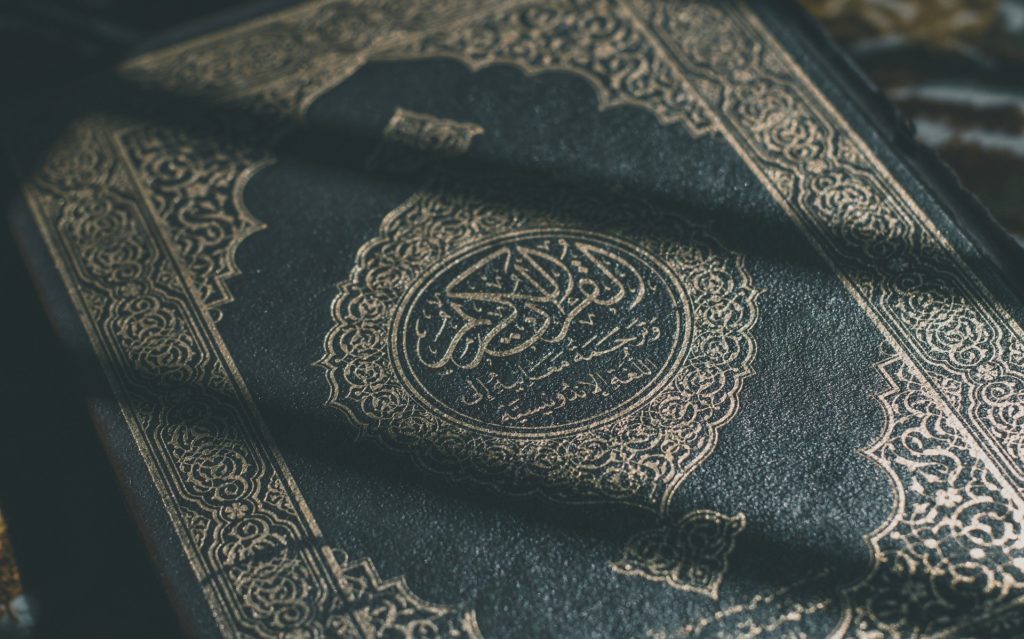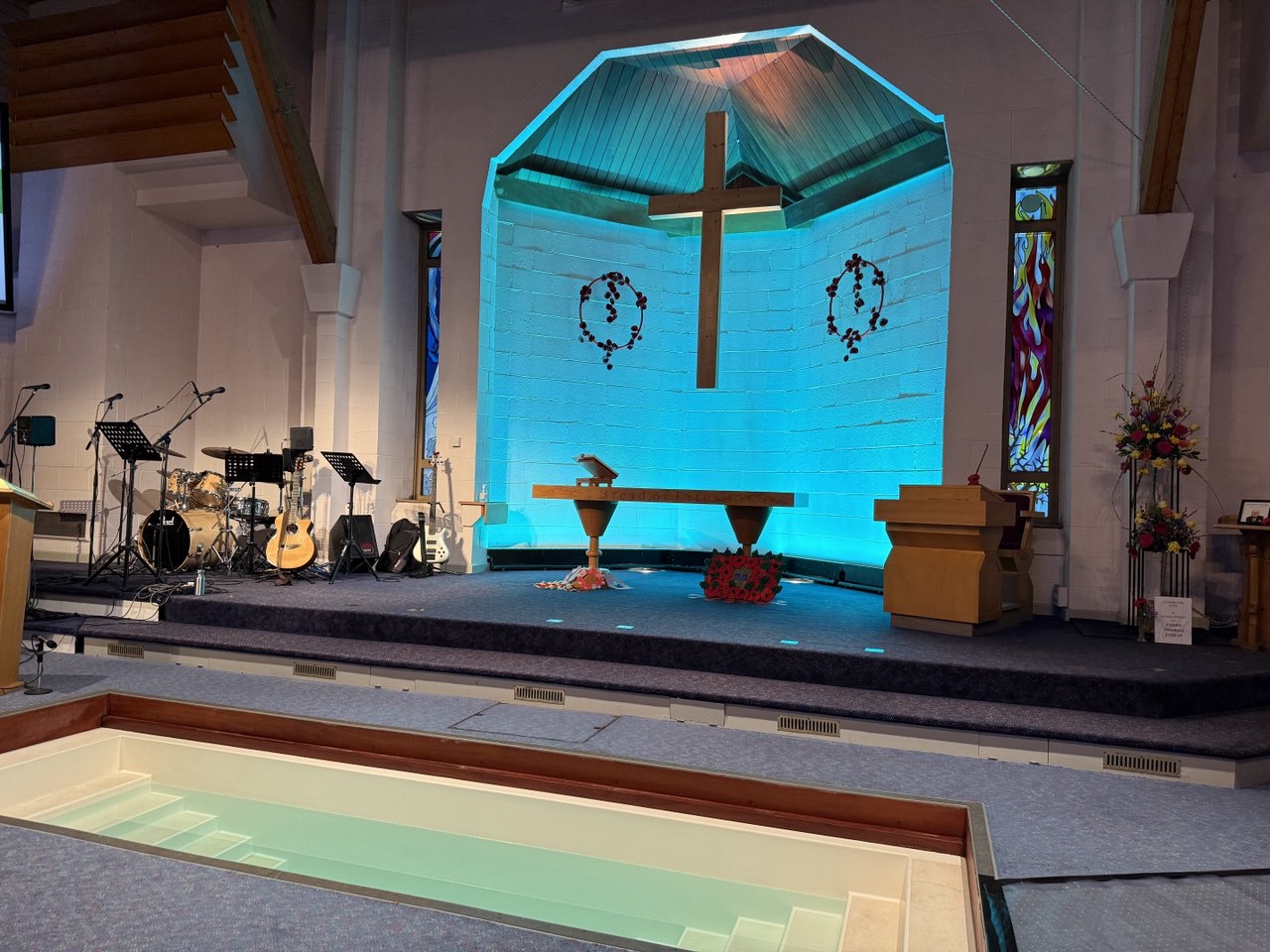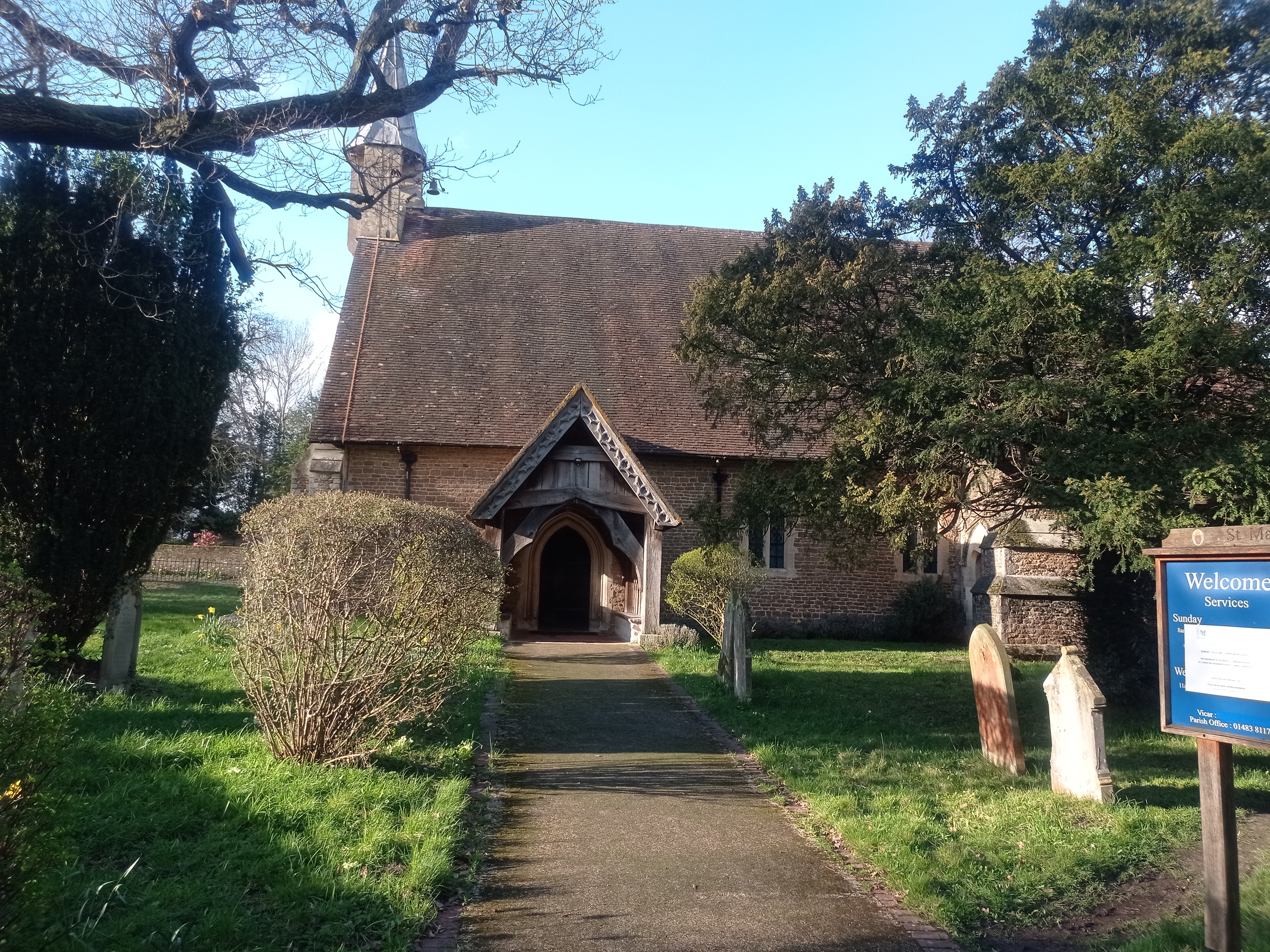My speech at St. Mark’s Church

Last week, my good friend George Watkinson, the vicar of St. Mark’s Church, asked me to share the story of my life, how I converted to Christianity, and the transformation that took place within me in the church. Today, I wrote this story on my website, and I will also share a summary of it at church.
I was born in Iran into a strict Muslim family. My childhood was similar to that of my peers, although I wasn’t a very social child and preferred to spend most of my time reading books and drawing. I especially enjoyed historical and scientific books. From a young age, I worshipped God as a Muslim, mostly due to the brainwashing that was prevalent in Iranian schools. We were forced to memorize the Quran, in a language we didn’t understand. If we couldn’t recite the sections that the teacher or the school cleric demanded from memory, we would be punished, and it would even cause trouble for our parents.
From the very first grade, we were introduced to the concept of hell and burning in it. I remember my teacher saying, “If you can’t memorize 10 surahs from the Quran each year, it means you are a soldier of Satan and will definitely burn in the fires of hell.” Things weren’t much better at home either—my parents forced me to memorize the Quran, and I had to perform my prayers on time. I would go to sleep at night filled with fear and anxiety. My recurring nightmares were of burning in fire and being whipped. I developed bedwetting, would sleepwalk, and was afraid of school. As a child, I was always terrified of death and hell.
One of the annoying things for me was that I was circumcised at the age of 7. I was extremely scared and involuntarily wet myself.
The most painful thing that happened in my life was when the school cleric (Mullah) raped me at the age of 9. He threatened to kill me and my family if I told anyone. I have never mentioned this anywhere until now, and this is the first time I am writing about this major trauma of my life with trembling hands.
Flagellation and sword self-flagellation were also among the rituals I always hated.
My worship from childhood was divided into two parts.
One part was Islamic worship, which I performed out of obligation, and the other part was praying in Persian, which I did in private so that no one would notice. I always told myself, “Since I don’t know Arabic, why shouldn’t I speak to God in my own language?”
I continued worshiping like a Muslim until the age of 15, and after that, I only did it in situations where I was forced to—like at university. At home, I would perform ablution, go to my room, and lock the door. They thought I was seeking solitude to pray and connect with God. This continued until I left Iran.
One of the things that changed the course of my life at the age of 15 was when, one day, our religious studies teacher at school said that Imam Reza (the eighth Shiite Imam) used to go into his room every day, close the door so no one would notice, and then miraculously travel to religious sites around the world without anyone knowing. I asked, “If he closed the door and no one knew, then how are you telling this story?” This question made the teacher angry. I was severely punished and came close to being expelled from school. They beat the soles of my feet so badly that I couldn’t walk for a week, and the wounds became infected. My only “sin” was asking a question, and after that, I came under even more pressure at school.
I had started reading the Tawzih al-Masail to become familiar with religious rulings, as it’s necessary for a Muslim to know them. Surprisingly, a large portion of the Tawzih al-Masail was devoted to sexual matters, even including rulings about sex with an infant girl. These writings made me hate Islam.
I began reading historical books. I read about the history of Islam and the history of Iran after Islam. I realized what Muhammad had done and what crimes Muslims committed, especially in Iran. You may have heard that Muhammad had more than 12 wives, one of whom was six years old, and dozens of concubines. Yes, you heard that right! Islam has no objection to slavery.
His father’s name was Abdullah, which means that even before Islam, the people of Arabia believed in a god named Allah!
Before Islam, Iranians were Zoroastrians. When the Muslims invaded Iran 1,400 years ago, they enslaved Iranian men and women. Iranian women were used as sexual slaves.
The most shocking thing about the Prophet Muhammad is the story of the Gharaniq, also known as the Satanic Verses. The Gharaniq refers to the verses Muhammad recited while reading Surah An-Najm, in which he praised the three major idols of Mecca—al-Lat, Manat, and al-Uzza—who, before Islam, were considered the daughters of Allah! After reciting these verses, Muhammad later claimed that Gabriel came to him and said that those verses were not from God but had been placed on his tongue by Satan. That is why they are known as the Satanic Verses. Salman Rushdie’s book takes its title from this very story. How is it possible for a prophet to be so influenced and controlled by Satan?
I was confused—I was still a teenager—but I knew that I hated Islam. Yet, there was no opportunity to learn about other religions, because in Iran, a Muslim is not allowed to go to churches or other places of worship. The Bible is also not accessible, and if you possess it as a Muslim, it can get you into serious trouble. In the end, I decided to search for God through science. If we look at the creation of the universe, a flower, the growth of a tree, or the human body, we can understand how kind and powerful God is. From the age of 15 onward, I only continued praying in Persian and speaking to God in private, and I no longer performed Islamic prayers. If someone asked me whether I was a Muslim, I would say yes and deny not being one. I would also make up excuses—like illness—to avoid attending religious ceremonies.
Reading the Quran showed me that this book could not be from God, because it permits enslaving other human beings or taking the life, property, and dignity of those considered disbelievers. But we were created free.
One of the strange things in the Quran is that it considers Christ a prophet of God and says he was born of the Virgin Mary, yet it claims he was not crucified—that instead, Judas was crucified in his place? How could it be that the one who betrayed Jesus was crucified instead of him? This is only brought up to undermine the crucifixion of Christ for the forgiveness of sins.
Church
The house we had rented was in Normandy, a village near Guildford. Nearby, there was a church called St Mark’s Wyke. On the first Sunday I was in England, I went out for a walk, and the sound of the church bells drew me toward it. I waited until everyone had gone inside, then walked over to the notice board and was reading it when I met Judy, the church warden. She smiled and invited me to come into the church. Politely and with some anxiety, I said I wasn’t a Christian and wasn’t sure whether my presence in a place of worship would be considered disrespectful. She said no, it wasn’t, and I went in with her and sat down. That day, Jill, the other church warden, welcomed me as well, and I met Sherry, a member of the PCC.
George Watkinson, the vicar, was talking about loving others. He said a neighbor is not just someone whose house is next to yours, and he spoke about loving and caring for people we know and even those we don’t.
After the service, I spoke with him briefly. He asked if I was a Christian, and I said no, that I was just exploring. He invited me to come again, and I began attending church every week.
In the second week, George brought me a small booklet of the Gospel of Luke and also gifted me a book titled Bible in One Day.
I went to church every week. His sermons and the passages from the Bible that were read captivated me. The more I read the Scriptures, the more my interest in Christianity grew.
Eventually, I felt the presence of the Holy Spirit and decided to become a Christian. On July 23, 2023, I became a Christian, and I believe that Jesus Christ is the only way to salvation.
After months of attending church as a Christian, I would like to share a few reflections.
First, the church is a big family. You may not be related by blood to the people you see there, but they are part of your family, and together, you make up the church. Without its members, the church is just a building. We are the ones who give it life and meaning. We must love one another as we love ourselves.
In truth, the church is the body of Jesus Christ, and we are the members of His body.
Being a Christian is not just a label. Many people are born to Christian parents, yet they themselves are never truly Christian. Being a Christian should be evident in our behavior and mindset. We must demonstrate our faith through action.
Some believe that transformation only happens once or twice in a lifetime, but I believe transformation must happen daily—depending on our effort. We should strive to be better every day than we were the day before.



